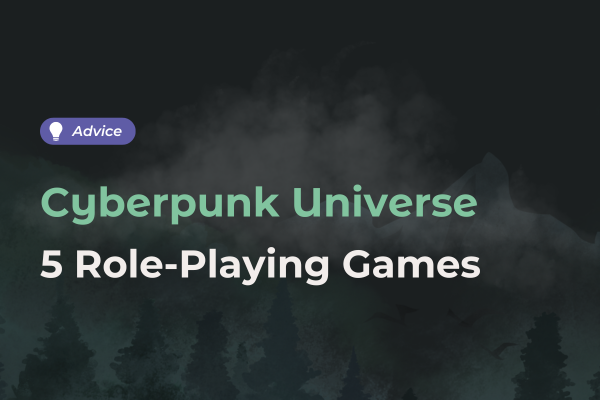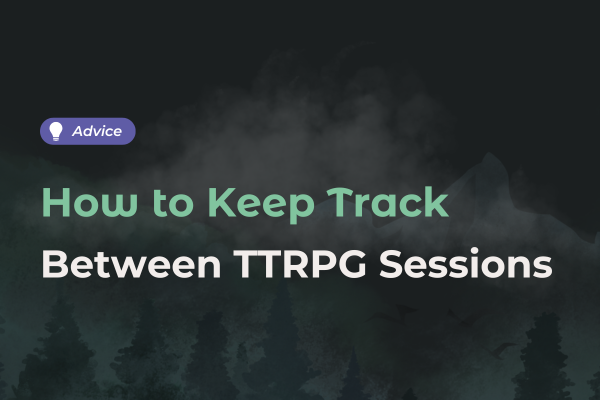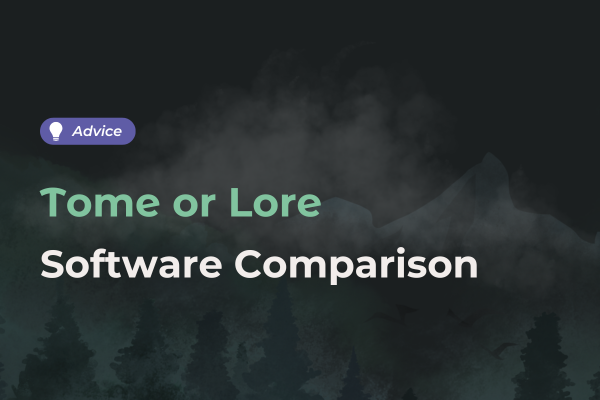
How to create your first worldbuilding?
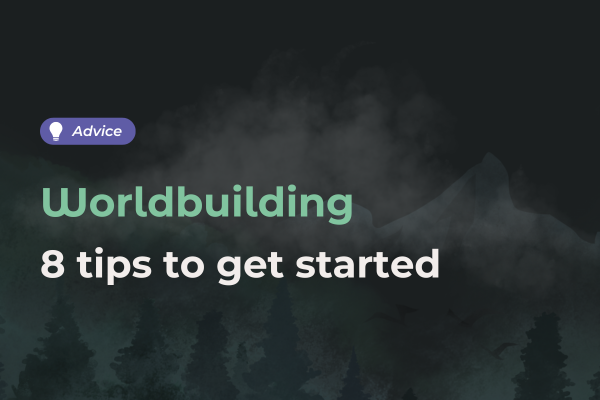
Want to create your first world, but don't know where to start? We're here to help! Discover our tips for creating your world.
Define the intention of your world
Before you start writing, it's important to define the purpose of your world. What is the intention of your world? Are you going to use it for a role-playing campaign, a novel, a comic book, a film script or just for the pleasure of imagining?
Tone of voice
Depending on your intention, you can also determine the tone you're going to use. Will it be dark or epic? Humorous or realistic? It's up to you to choose what seems most relevant, or even to mix genres boldly!
The chosen genre
To avoid losing your way and creating confusion, you need to decide which genre you're going to explore. You could, for example, choose fantasy, science fiction, post-apocalyptic, uchronia or even create your own genre, if you feel like it!
Take inspiration from popular worlds
Thousands of worlds already exist, so why not draw inspiration from them? To make it easier for you to create your own world, take codes from universes you already love.
Inspiration doesn't mean copying. You can simply influence your own creation, appropriating concepts from your own literary travels and adding your own personal touch! Many well-known authors use elements from other works to create their novels.
Get the basics right
To get off to a good start and prevent you from getting tangled up, we recommend that you begin the creation of your worldbuilding by identifying its broad outlines.
For example, you can reference the characters, places and social codes that are important to your world.
To make this easier, you can use the custom templates in our worldbuilding software, Lore. By creating predefined templates, you'll have a good basis for, for example, all the characters in your universe. Such templates can be reused endlessly.
Start small
Your yearrning for worldbuilding probably stems from a specific idea. So start by jotting down this idea, then build on it by adding related elements. Some worlds of a rare complexity have started with an anecdote, a detail, and built themselves around it, like a centennial tree grows from a humble seed.
If you have an idea for characters from the start, you don't have to anchor them directly in a place. Think strategically and add what you already know. You'll be able to use your thought process to add other elements and make connections later.
Trust yourself and don't let your ideas overwhelm you!
Stay flexible and open
Whether you're creating a world for a role-playing game, a saga of books or films, or a script for a play, stay flexible and open to new ideas.
As you go along, you may find that certain elements no longer fit with your world or your story. Even though it can be a heartache, let go of some ideas. You'll surely be able to reuse them later in other universes!


